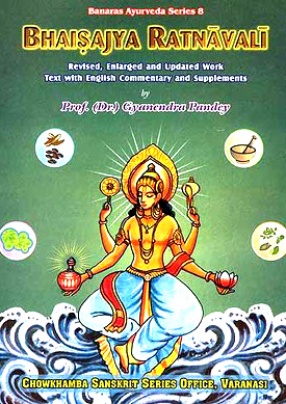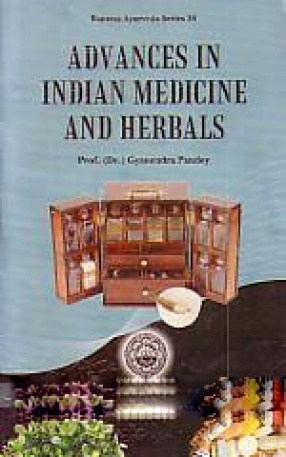
Gyanendra Pandey

36 books
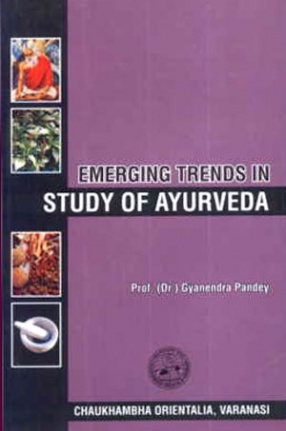
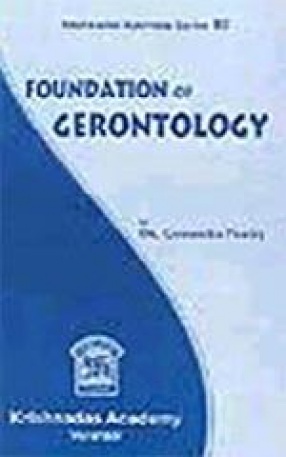
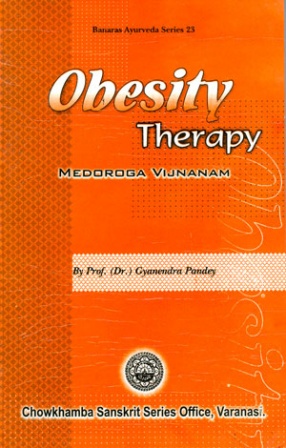
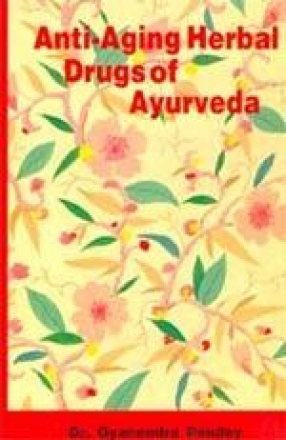
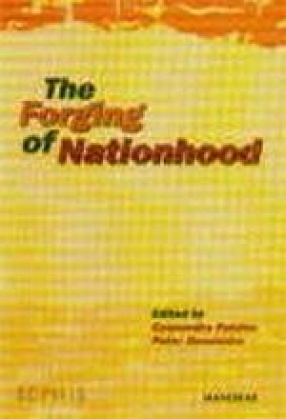

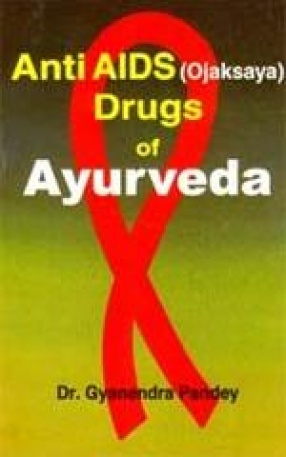

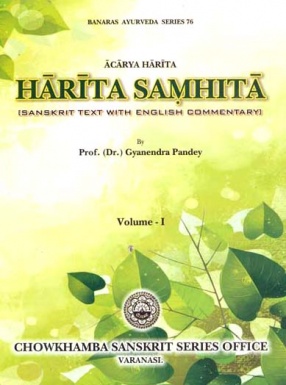
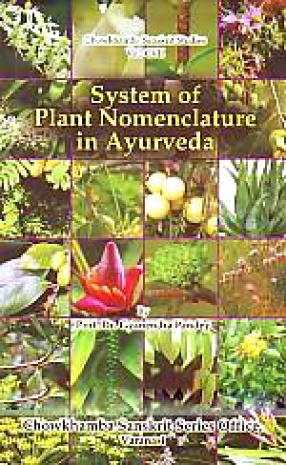
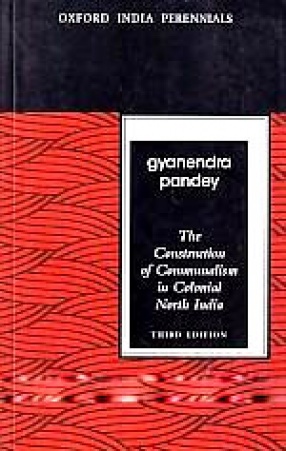
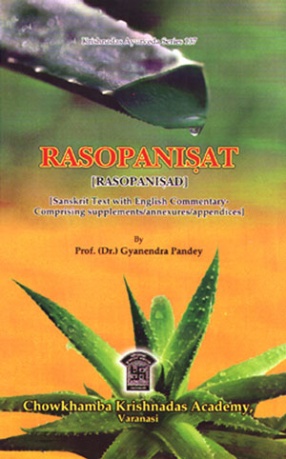
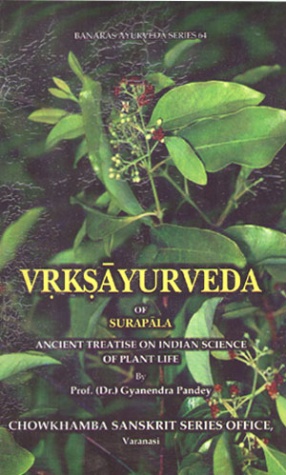

The work entitled Emerging Trends in Study of Ayurveda represents new pattern of presentations in the field of publication dealing with the Indian medical science, for paving the progressive path for all-round development of Ayurveda leading to globalisation. In tune with multidimensional approach towards advancement of Ayurveda, this work serves a model contribution with applied approach-based on fundamentals, exploratory and experimental grounds. It, therefore, ...
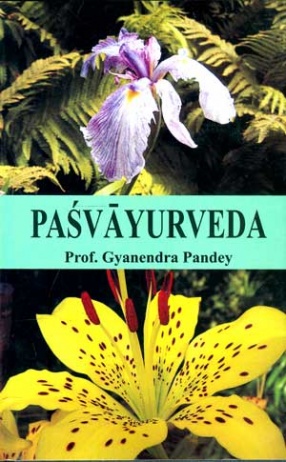
Realizing the significance, role and impact of the fauna, the study has been taken with special reference to ancient India. Since Ayurveda is best source of oriental knowledge for various disciplines of medicine and approaches for preservation health of creatures including animals, the studies on veterinary medicine are simultaneously taken up. In order to make comprehensive work on the biology and medicare of animals for providing round foundation to zoological ...
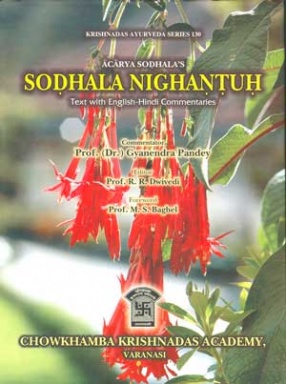
The series of treatises dealing with material medica and pharmaco-therapeutics on drugs in the form of ‘nighantu’ is major, exhaustive and original source of Knlowledge on multifarious aspects for understanding the drugs ( ausadhi dravyas) comprehensively and his this ample contributory data, information and material make the sound, dependable and multi-dimensional background for lying foundation to independent field of study of drugs under presents ...
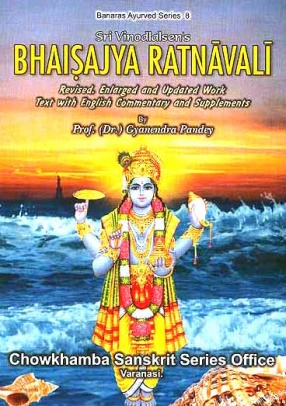



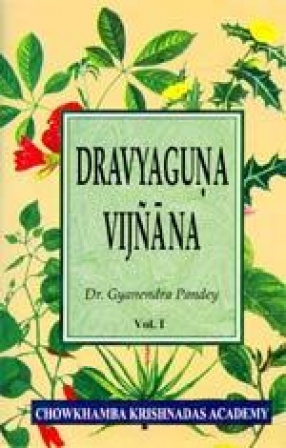
This work deals with indigenous materia medica, pharmacology and therapeutics of Ayurveda, with special reference to drug obtained from vegetable origin or the plant drugs belonging to Indian medical science. It is the first work of its kind, fulfilling the need and demand in India and abroad. The work is in English language supported with Sanskrit text (with proper reference/contexts). This work has been presented in three parts, enumerating more than 500 drugs, ...
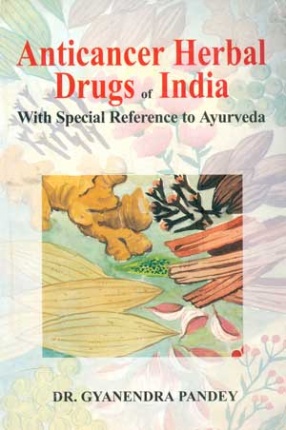
Present work is preliminary feedback in the form of a humble, painstaking and scientific attempt to record, collate and review the information on indigenous drugs specifically herbal drugs of India with special reference to Ayurveda, the ancient medical science of Indian School, in the area of oncology, with an object of highlighting anticancer drugs of plant origins in particular which are evidently supportive to Indian medicine possessing its potentialities-in ...
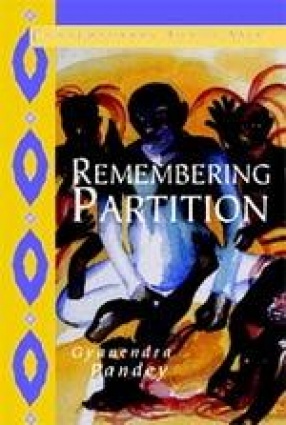
Through an investigation of the violence that marked the partition of British India in 1947, this book analyses questions of history and memory, the nationalisation of populations and their pasts, and the ways in which violent events are remembered (or forgotten) in order to ensure the unity of the collective subject –community or nation. Stressing the continuous entanglement of ‘event’ and ‘interpretation’, the author emphasises both the enormity of ...

Universal call for healthy peoples by WHO (initiated as ‘Health for All by 2000 AD’) is giving attention for investigations in the field of anti-aging drugs. Modern scientific trends are covering this area of research in pharmacology and biological sciences that providing support to medical system for finding out remedies and way for retardation, prolongation and healthy life of human being. Indian medicine is rightly termed ...

Unlike most writings on nationalism, and the related concepts of development and modernity, this book is the product of a conversation begun among historians of the South—or what used to be known as the ‘Third World’. It shows how much there is to learn about these facets of the modern world from closer attention to the experience of the directly or indirectly colonized parts of Asia, Africa, the Caribbean and Latin America and, no less importantly, from ...

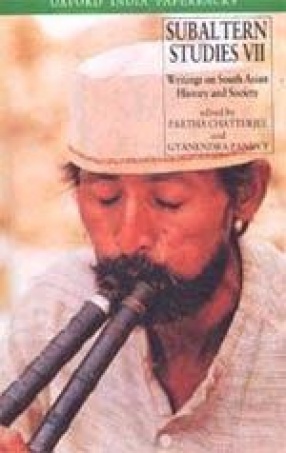
Nation, community, religion and language are the main themes which run through the writings in this volume of Subaltern Studies. Sudipta Kaviraj identifies some of the narrative modes through which the nationalist consciousness in India imagined a historical past for the nation. Partha Chatterjee looks at the way the new middle class of Calcutta constructed the figure of Sri Ramakrishna. Ranjit Guha discusses the use of caste sanctions in the Swadeshi and ...

Ojaksaya is generally referred in context of AIDS which is caused by HIV infection. Infection of AIDS is through sexual intercourse, sodomy, blood transfusion, intravenous injections, oral coitus, homosexual relations, infected needles, narcotic, addicts and other caustive factors. In indigenous system of medicine, the classical texts of medicine have clinically discussed some diseases and abnormal or ailing conditions relating to manifestation of diseases.
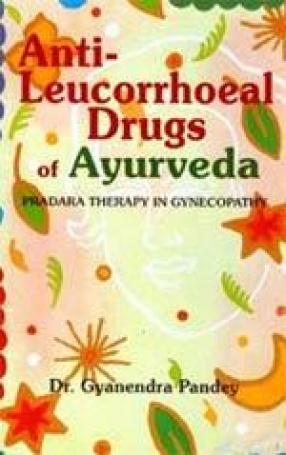
Lecurrhoea is a common womanly ailment which is symptom complex. It affects women irrespective of age and it is variable. There is systematic and comprehensive clinical management for this ailment in classical typs of Indian medical science, covering line of treatment, compound formulationss and drugs etc. obtained from different origins. The knowledge of Ayurveda, the science of life has origin from Vedas, particuraly Atharvaveda, as Ayurveda is regarded as ...
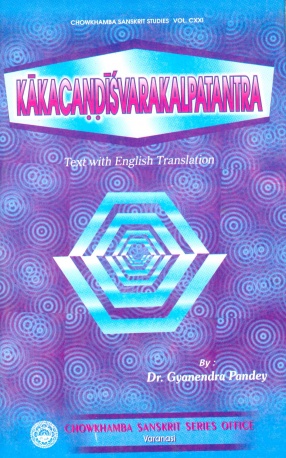
The work on tantra entitled Kakacandisvarakalpatantram comprises 51 kalpas which are presented in individual chapters or sections in monographic form. Most of the kalpas are based on a particular substance of drug (ousadhi) and it (representing or leading drug) associates other drugs, material or articles (in process) within scope or range of performance, technique and utility, in different forms and modes. As regards the major drugs denoting title or name of ...
